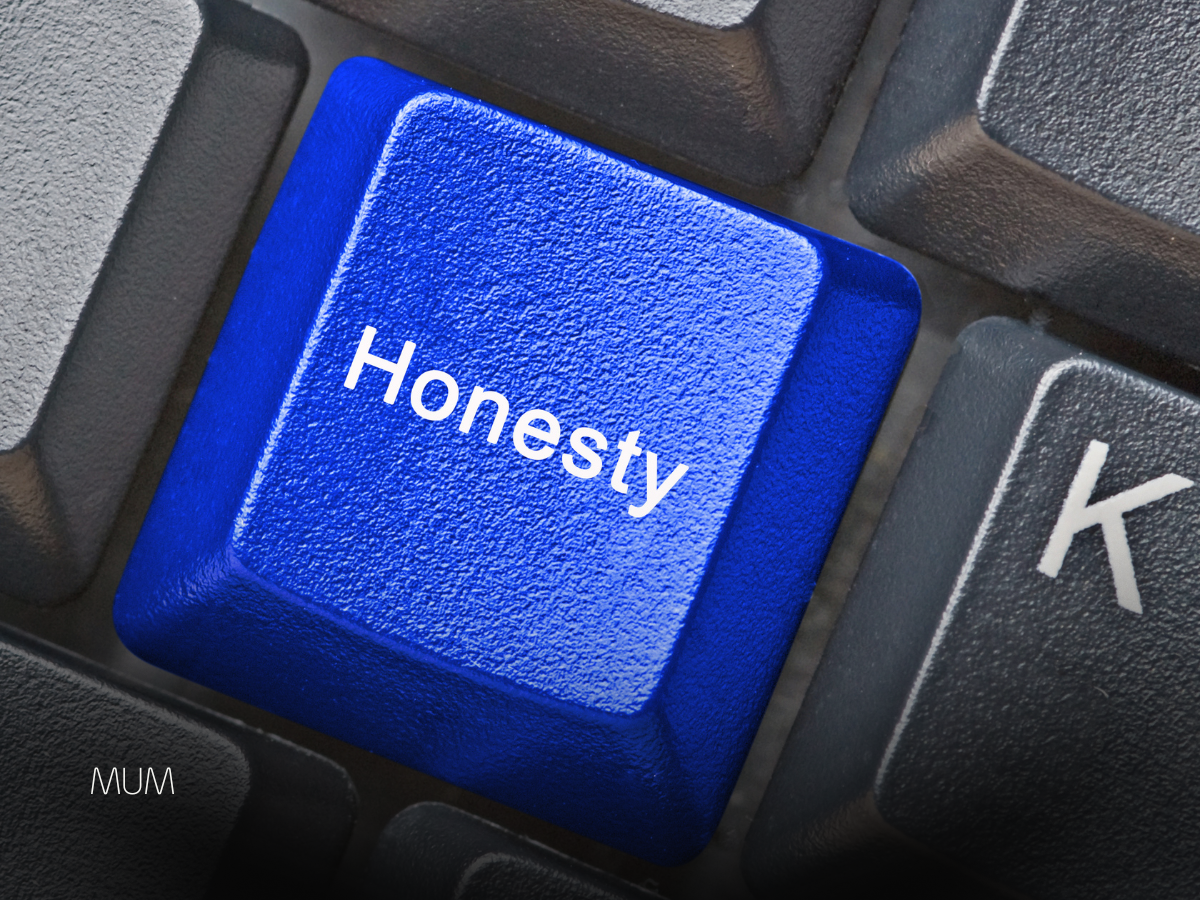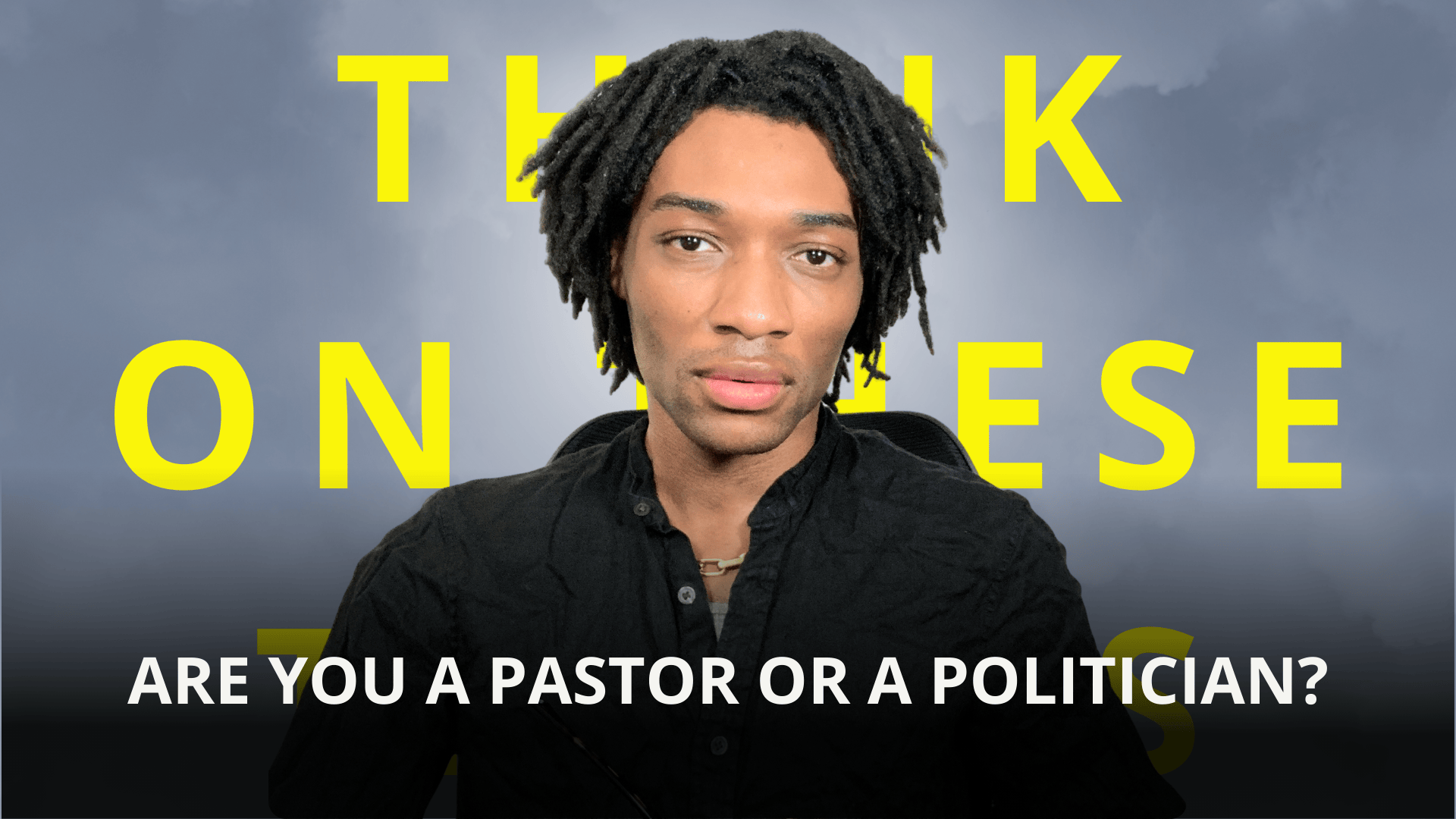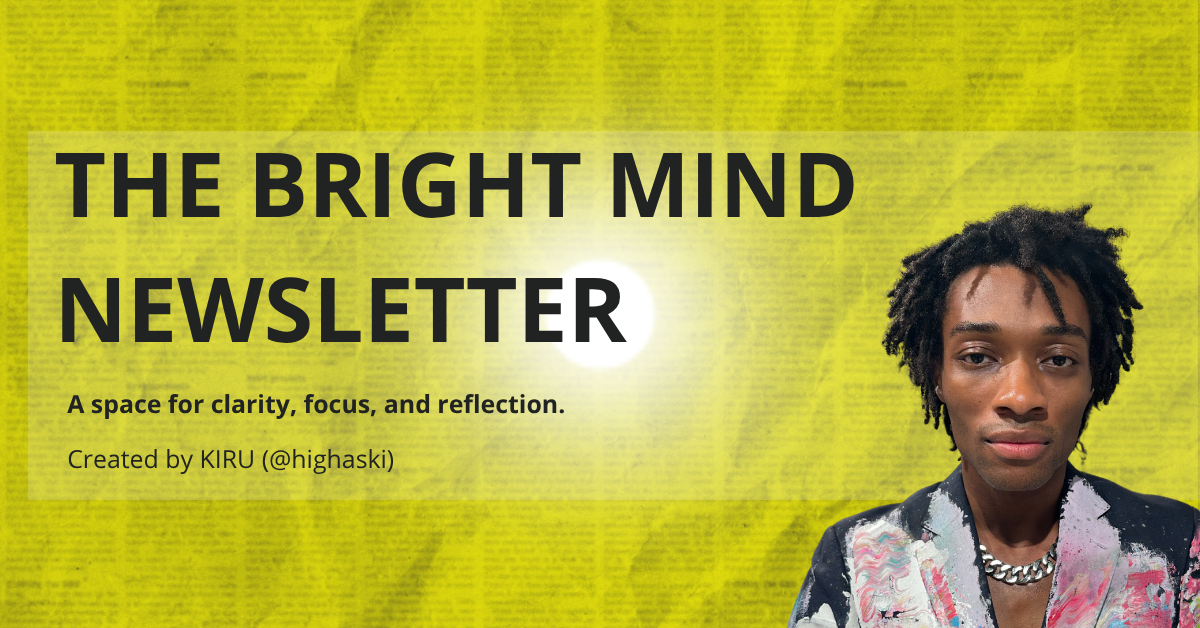"Honesty is the best policy." But is it really?
How a 16th-century political strategy became a universal moral lesson—and what its journey reveals about the power of language.
"Honesty is the best policy." It’s a phrase we’ve all heard, likely from a parent or teacher, meant to instill a foundational moral value. This simple sentence is a prime example of a powerful linguistic technique: the repetition of moral lessons through maxims, aphorisms, or proverbs. At its core, this technique involves using short, memorable statements that encapsulate a cultural belief or a rule for navigating life. We encounter them in fables, religious texts, political speeches, and family conversations. Their primary function is to simplify complex ethical questions into digestible, easily transmitted rules. Psychologically, they work through the power of familiarity and cognitive ease—the more we hear a simple idea, the more true it feels, embedding itself as a cornerstone of our moral framework.
Genesis of a Proverb
While the concept of teaching through proverbs is as old as civilization itself—found in the wisdom literature of ancient Egypt, the Analects of Confucius, and the biblical Book of Proverbs—the specific maxim "Honesty is the best policy" has a more modern and pragmatic origin. It is widely attributed to Sir Edwin Sandys, an English politician and a key figure in the establishment of the Jamestown colony in Virginia. In his 1599 book, A Relation of the State of Religion (also known as Europae Speculum), Sandys wrote, "Our grosse conceipts, who think honestie the best policie."
To understand its appeal, we must consider the context of late 16th and early 17th-century Europe. This was an era of intense political intrigue, religious conflict, and the dawn of global commerce. For a man like Sandys, navigating the treacherous courts of power and the high-stakes world of colonial investment, honesty was not just a divine commandment—it was a strategic asset. The phrase frames integrity as a form of "policy," or shrewd practice. In a world of spies, shifting alliances, and risky business ventures, building a reputation for trustworthiness was the surest path to long-term influence and success. It was a piece of practical advice for a rising class of politicians and merchants, arguing that ethical behavior yields the best return on investment.
From Policy to Platitude
The journey of this phrase from a specific political insight to a universal moral lesson was propelled by social and technological forces. The advent of the printing press and the rise of mass literacy created new avenues for disseminating cultural values. In the 18th and 19th centuries, figures like Benjamin Franklin championed this type of wisdom in publications such as Poor Richard's Almanack, which was filled with aphorisms promoting thrift, industry, and integrity. While Franklin didn’t coin "Honesty is the best policy," his work popularized its spirit of pragmatic virtue.
Later, educational materials like the American McGuffey Readers, first published in 1836, played a crucial role. These schoolbooks were designed to instill a common moral and civic identity in a diverse and expanding nation. They used stories and poems to illustrate simple moral lessons, repeating them until they became second nature for generations of students. Through this process, the phrase was stripped of its original, strategic context. It evolved from a calculated "policy" for ambitious men into a foundational, almost simplistic, platitude taught to children. Its tone shifted from cunning advice to a gentle, and sometimes rigid, moral command.
Modern Maxims and Manipulation
Today, the repetition of moral lessons remains a cornerstone of communication, though its forms have diversified. We see it everywhere:
In Parenting: Phrases like "Treat others as you want to be treated" or "If you don't have anything nice to say, don't say anything at all" are used to establish foundational social rules.
In Corporate Culture: Slogans like "Work smarter, not harder" or "The customer is always right" serve to align employee behavior with company values, simplifying complex operational goals into memorable directives.
In Politics: Modern political slogans often function as moral maxims. A phrase like "Build the wall" or "A rising tide lifts all boats" presents a complex policy issue as a simple, self-evident moral truth, bypassing nuanced debate.
In Advertising: Brands use this technique to associate their products with a value. Nike’s "Just Do It" isn’t just a slogan; it’s a miniature lesson in self-reliance and determination.
This technique's power lies in its ability to create mental shortcuts. But this is also where its controversy lies. By offering a simple answer, a maxim can discourage critical thinking. Is honesty always the best policy? What if telling the truth would needlessly endanger someone? What if a "white lie" is the most compassionate option? The phrase shuts down this kind of ethical reasoning. In the hands of a manipulative leader, advertiser, or authority figure, these repeated lessons can become tools of control, encouraging compliance and discouraging questions by presenting a specific worldview as an unassailable, common-sense truth.
Reading Between the Lines
Understanding this linguistic technique is the first step toward engaging with language more consciously. It’s not that these moral lessons are inherently bad—they can be invaluable for building character and creating shared understanding. The key is to approach them with awareness.
When you use a phrase like "Honesty is the best policy," consider using it as a starting point for a conversation, not an end point. You might say, "They say honesty is the best policy, so let's figure out what the most honest and compassionate course of action is here." This transforms a rigid rule into a guiding principle for thoughtful discussion.
More importantly, when you hear these maxims used by others, take a moment to pause and reflect. Ask yourself:
What complexity is this simple phrase hiding?
Whose interests does this "truth" serve?
Is this universally applicable, or is the context more nuanced?
By asking these questions, you can shift from being a passive recipient of cultural wisdom to an active, critical thinker. You can appreciate the value of a shared moral lesson while retaining the integrity to decide for yourself when, and how, that policy truly applies.
Keep Going!
Check out these related posts









